Table of Contents
Guide
Table of Contents
For my brother Francis; and for the bus drivers of the Andes, the true heroes of this book
NOTE
Maps appearing on the chapter openings do not show graphically the continuous mountain (Andean) chain running the entire length of South America, but it is indicated wherever space permits. Specific mountains and volcanoes are named and shown with a symbol.
Mountain

Mte.
Volcano
 Vol.
Vol.Archaeological site
Salt lake ...... Salar
Lake shore and coast

FOREWORD
LONG AGO AND FAR AWAY
Across unending grassland, towards evening. In a dented old taxi whose bonnet does not close properly. A tall man, squeezed next to the drivers seat, is being taken along an interminable straight road. In the middle of the Argentinean pampas, the Atlantic a three hours drive to the east, the Andes a day to the west. No other cars in sight, no other people.
The driver is talking incessantly, about everything: his daughter, Argentinas economic crisis, the exceptional cold, the country estate to which the taxi is now heading. His passenger, of European appearance, grey-haired, white-bearded, intensely blue-eyed, smiles, nods, scans the landscape distractedly, and lends his full attention only when the driver talks about the area they are travelling through, its history, its geography, the estate at the end of their journey.
As he listens, the passenger records the name of the estates aristocratic owners, the Anchorenas. He notes that the drivers daughter is an aspiring crime writer. He imagines himself in one of her novels, a tall, blue-eyed detective being driven in a taxi towards an isolated country house, the light fading, the clouds darkening, gusts of wind building up over the endlessly flat pampas.
Suddenly the monotony is interrupted. There is a silvery break in the threatening sky, a line of hills, a crown of rocks. The Sierra de Tandil, says the driver, swerving towards this unexpected apparition. Then the clouds close in and the first drops of sleety rain spatter the windscreen. They enter a wooded park. Night falls and the rain begins to pour. A white house, eerily luminous, lies ahead, surrounded by cypresses, like a mausoleum.
I have arrived in mid-winter at the Estancia Siempreverde. A man has come to the main door to greet me, dressed in an immaculate grey woollen poncho, traditional garment of the pampas. He introduces himself as Horacio Forster. Everything about him suggests British forebears made rich from the encircling infinity of cattle-grazing land.
His wife Susanna is of even grander pedigree. She is from one of Argentinas oldest families, the Anchorenas, who still own much of the Sierra de Tandil. Tall and blonde, she stands waiting for me in the living-room. At her command a smiling maid brings a pot of tea and home-made shortbread in a Harrods tin. Susanna hopes these might help me recover from my long journey, then shows me up to my room. I absorb a world of sporting prints, hunting trophies and British-made grandfather clocks. After half an hour I hear my name being called out from downstairs.
My hosts appear keen to talk to someone from the Old World. I am an oddity in their environment. Six months of continuous travelling has left me with a handful of frayed clothes, a leathery complexion, chapped hands, and as I now self-consciously realize long fingernails ingrained with dirt. When they invite me for a pre-supper drink in the sitting-room, I come not in a jacket and tie but with the worn North Face fleece of the ageing backpacker.
They praise such British pleasures as salmon-fishing in the Scottish Highlands and window-shopping in Londons Knightsbridge. I tell them then that I have been living in recent years more in Spain than in Britain. The stiff conversation shifts accordingly. We move on into a candle-lit dining-room, where Susanna outlines a family connection linking her in some obscure way with Fernan Gmez, first king of Castile. There are also Anchorenas who took part in the wars against the Moors; others who came to the New World with the conquistadors; still others who appear to have bought up half the pampas and risen to extraordinary political heights. Then Susanna says something that makes me hold back for a moment my knife and fork. A nineteenth-century relative of hers, Aarn Anchorena, was a friend and patron of Perito Moreno, the great Andean explorer in whose footsteps I have been following in southern Patagonia.
I blurt out that I have just travelled the entire length of the Andes, inspired by the example of a long line of visionaries that includes Humboldt, Bolvar, Darwin and Perito Moreno himself. My hosts assume benevolent smiles, encouraging me to describe my journey in greater detail, like Stanley regaling an astonished Victorian dinner-party with his exploits.
Breathlessly I outline to my hosts my journey south from the tropics: from summer to winter; by bus and boat; on foot and horse; through jungles and moorland; under volcanoes; beyond the snow level; across deserts and high plateaus; down giant canyons; into forests of pines and oaks; over lakes and fjords; alongside an ice-field as large as a small country; between glaciers and icebergs; to the southernmost community on earth. And now here, to this most unexpected of final destinations, a country estate extending over a range of low hills in the middle of one of the flattest landscapes on earth.
Sentiment has brought me here. I am about to explain why, when Horacio brusquely gets up from the table and beckons me to follow him outside. The rain has stopped and a full moon is rising through a patch of brilliant starlit sky. He takes me across a lawn to what seems like a gardeners shed, but which is his study. He wants to show me a gleaming white stone, displayed in an alcove like some massive diamond.
Its quartz, he says, from the Sierra de Tandil, the hills behind the house. The hills are made of quartz. Thats why theres all this energy around, he adds, repeating something I had been told at various points along the Andes.
Seated at Horacios writing desk, I am back to my role as detective, jotting down names and observations. He is talking about geologys central mystery: how are mountain ranges formed? How, he asks, does a range such as the Sierra de Tandil appear out of the surrounding flatness? Then he loses me in a wealth of detail involving this sierras geological make-up. I start to drift, and soon I am imagining I am already dead, stranded on a rock in a horizontal limbo, separated from the world I have known by an immensity of time and distance. I find myself staring at the spine of W.H. Hudsons famous memoir of childhood in the Argentinean pampas, Far Away and Long Ago. The words repeat themselves in my head.
As Im sure youre aware, interrupts Horacio, disturbing me in my reverie, the Sierra de Tandil is one of the worlds oldest ranges. So shouldnt you have come here at the start rather than the end of your journey?


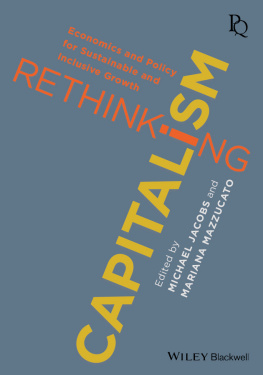


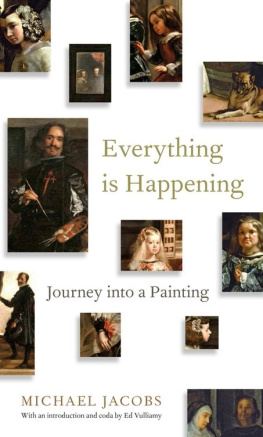

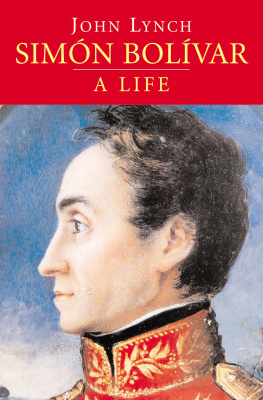


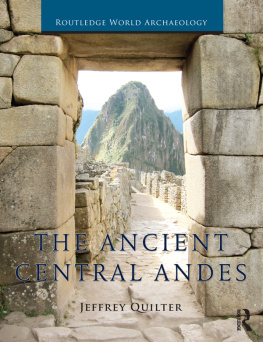
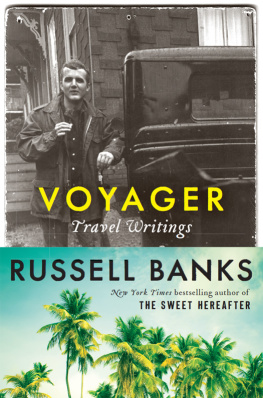
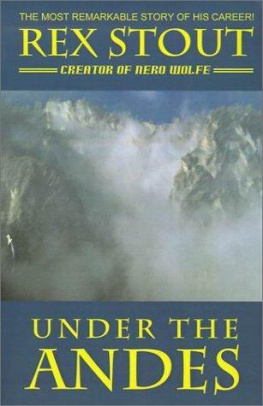
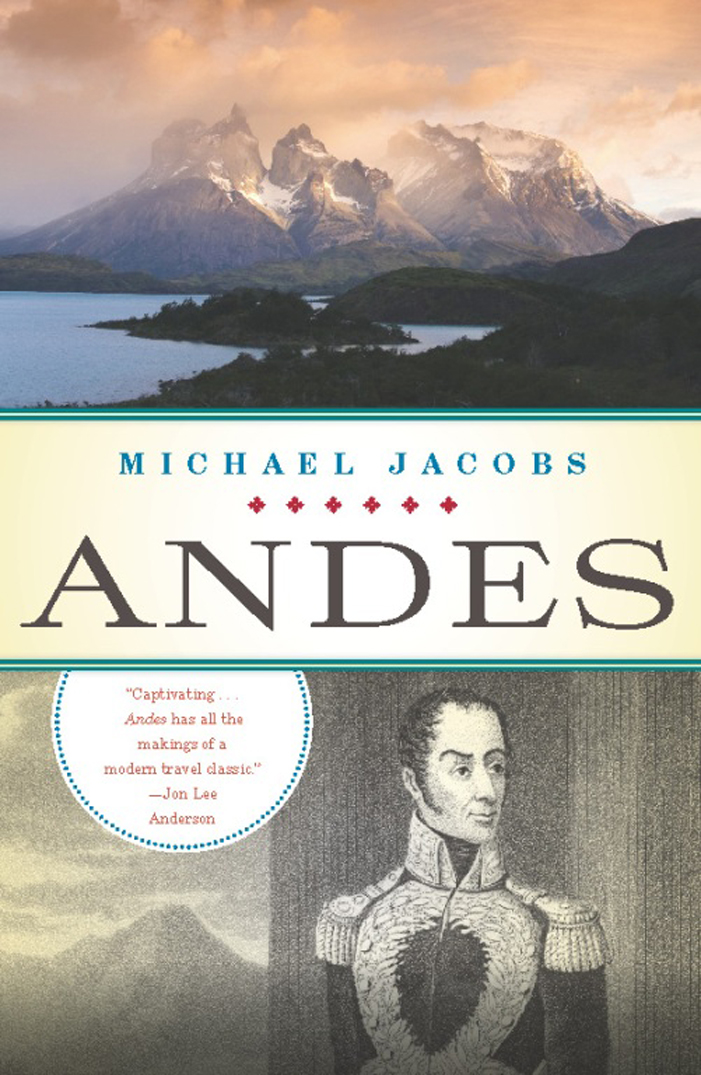

 Mte.
Mte. Vol.
Vol.